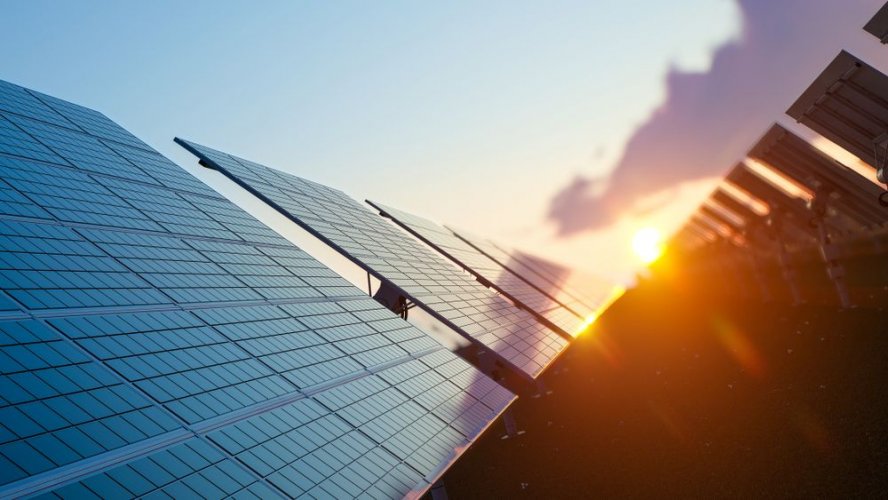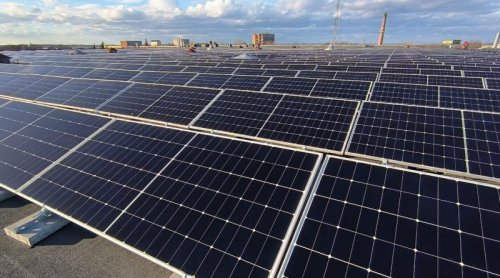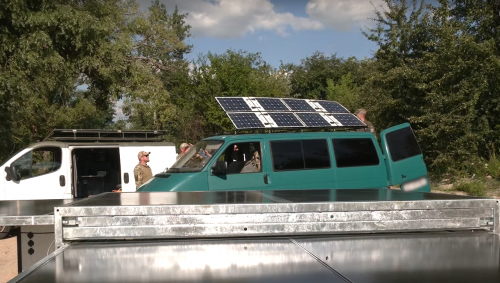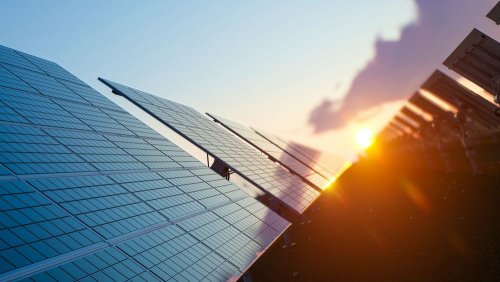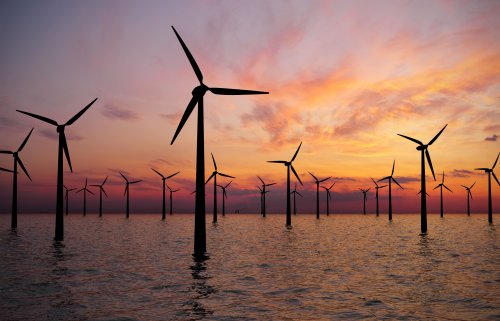More recently, Dutch researcher Willem Westerhof discovered the vulnerability of solar panels to remote hacking. This means that hackers and intruders can illegally break into solar grids, control voltage, and even turn off entire power complexes.
What risks the energy sector may face and how to protect yourself from hacking – further in our material.
Research results
As soon as the world began to take alternative energy seriously, new risks associated with cybersecurity emerged. Willem Westerhof managed to find 17 vulnerabilities in solar energy harvesting systems.
Solar panels convert solar energy into electrical energy, which can then either be used directly in electrical appliances or sent to the conventional electrical network using an inverter system.
Solar energy has already managed to establish itself in the market and is actively used for commercial and domestic purposes. However, the discovered fact that solar panels are vulnerable to hacker attacks changes things somewhat.
A Dutch scientist conducted an experiment in the field on two solar panels manufactured by the German company SMA, as a result of which he was able to hack the mentioned inverters. Thus, he proved that solar panels, many of which are connected to the worldwide Internet, may well be the target of hackers, as a result of which they will be able to remotely control the energy flow. Details of the hacking tactics and used were not disclosed for security purposes and to prevent potential hacker attacks.
SMA response
The manufacturer of the solar panels used by Willem Westerhof for his research responded quickly to the results of the experiment. On the official website, they published information that they do not agree with the results and consider them greatly exaggerated.
The company has analyzed the mentioned vulnerabilities and has already started work on fixing them. According to SMA, only 4 models of solar panels were affected by vulnerabilities, and the rest of the devices correspond to the latest ideas about cybersecurity.
However, SMA stated that they are working on a report on the security of their devices in conjunction with the National Center for Cybersecurity of the Netherlands and will soon publish technical studies on the security of their products.
The issue is so relevant not only in connection with the tarnished reputation of the company, but also in connection with high fines for violating cybersecurity standards in the country.
Risks for solar energy
In an interview with the BBC, Westerhof said that a hacker attack on a large scale could have serious consequences for the power grid.
The fact is that the electrical networks of states around the world are connected together to exchange electricity in case of an emergency. This allows you to transmit electricity in case of excess and receive in case of shortage. Thus, there is a balance between the expected amount of energy supply and energy consumption, and any violation of this balance can lead to the shutdown of the entire family.
In addition, some countries cover almost half of their electricity consumption through solar energy. A good example of such efficient use of solar panels is Germany. An attack on such a large-scale power grid can lead to catastrophic and devastating consequences for the population.
Protection methods
While solar panel manufacturers are addressing the problem of discovered vulnerabilities at the production level, users can take measures to ensure their own safety. These tips apply not only to solar energy, but also to cybersecurity in general, so consumers of traditional electricity will also be useful.
Using a VPN
The opinion that VPN can only be used on a mobile device or PC is fundamentally wrong. VPN can be used for a Wi-Fi router, which means that solar panels connected to the Internet will be protected in this case. A VPN provides an encrypted connection by disguising the user's IP address as the IP address of a server, which may be on the other side of the globe. In most cases, this avoids problems with hacking, since attackers, meeting with an additional layer of protection and not being able to use standard tools, move on to the next more accessible target.
Strong passwords
Following the publication of the results of Willem Westerhof's study, SMA asked the owners of solar panels they produced to change the default passwords. Indeed, many users become victims of hackers simply because they use weak passwords. A password consisting of 8 or more characters is secure: letters of different case, numbers and other characters.
Additional Precautions
The salvation of the drowning is the work of the drowning themselves. Do not disclose confidential data, use public Wi-Fi networks without a VPN, ignore two-factor authentication and keep your antivirus software up to date. Care, responsibility and common sense will help you protect your own cyberspace from hacker attacks and potential hacks.

